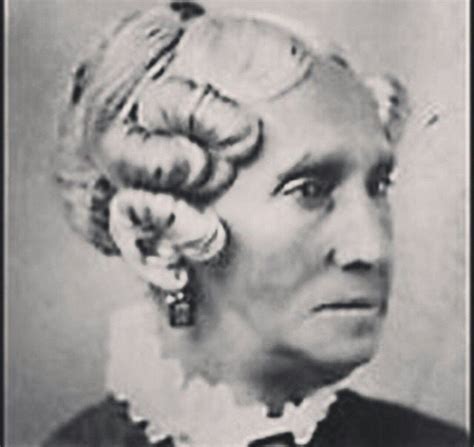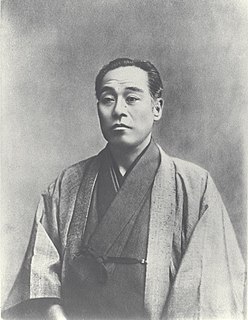A Quote by John Climacus
Even though one is well advanced in virtue, should he stop mortifying himself, he soon would lose his modesty and virtue - just as fertile soul quickly becomes dry and arid and produces nothing but thorns and thistles if it is not cultivated.
Related Quotes
He who gives himself to a lover because he is a good man, and in the hope that he will be improved by his company, shows himself to be virtuous, even though the object of his affection turn out to be a villain, and to have no virtue; and if he is deceived he has committed a noble error. For he has proved that for his part he will do anything for anybody with a view to virtue and improvement, than which there can be nothing nobler.
No one should judge that he has greater perfection because he performs great penances and gives himself in excess to the staying of the body than he who does less, inasmuch as neither virtue nor merit consists therein; for otherwise he would be an evil case, who for some legitimate reason was unable to do actual penance. Merit consists in the virtue of love alone, flavored with the light of true discretion without which the soul is worth nothing.
... continual hard labor deadens the energies of the soul, and benumbs the faculties of the mind; the ideas become confined, the mind barren, and, like the scorching sands of Arabia, produces nothing; or, like the uncultivated soil, brings forth thorns and thistles. Again, continual hard labor irritates our tempers and sours our dispositions; the whole system become worn out with toil and fatigue; nature herself becomes almost exhausted, and we care but little whether we live or die.
In its broad sense, civilization means not only comfort in daily necessities but also the refining of knowledge and the cultivation of virtue so as to elevate human life to a higher plane... It refers to the attainment of both material well-being and the elevation of the human spirit, [but] since what produces man's well-being and refinement is knowledge and virtue, civilization ultimately means the progress of man's knowledge and virtue.
If a man of good natural disposition acquires Intelligence [as a whole], then he excels in conduct, and the disposition which previously only resembled Virtue, will now be Virtue in the true sense. Hence just as with the faculty of forming opinions [the calculative faculty] there are two qualities, Cleverness and Prudence, so also in the moral part of the soul there are two qualities, natural virtue and true Virtue; and true Virtue cannot exist without Prudence.
When the men of antiquity realized their wishes, benefits were conferred by them on the people. If they did not realize their wishes, they cultivated their personal character, and became illustrious in the world. If poor, they attended to their own virtue in solitude; if advanced to dignity, they made the whole empire virtuous as well.








































